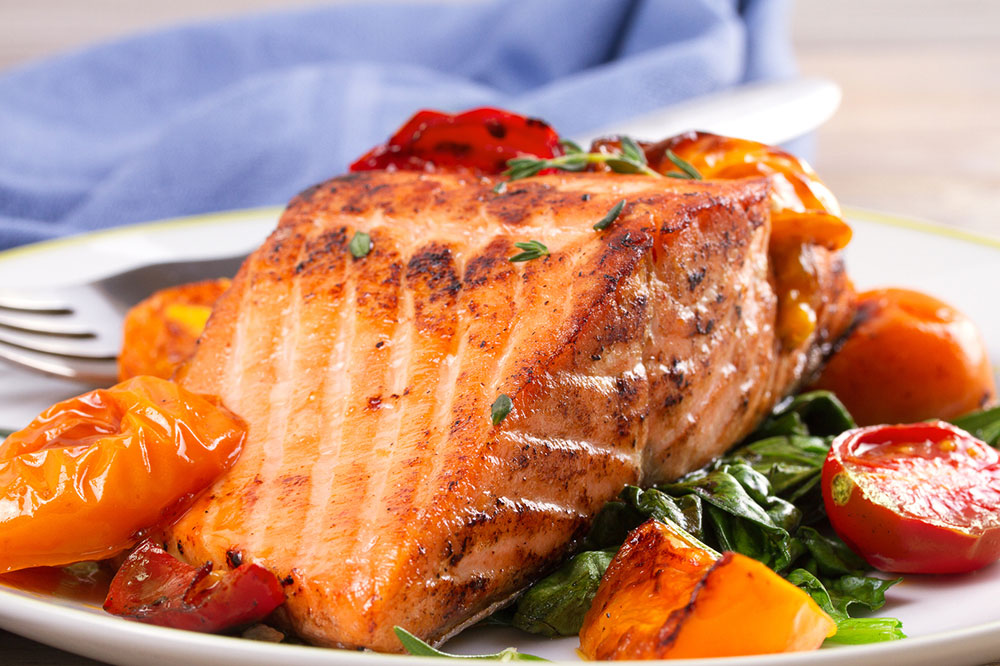Effective Dietary Tips for Managing Inflammatory Joint Disorders
Discover effective dietary strategies for managing inflammatory arthritis. This guide highlights the benefits of omega-3 rich fish, nuts, colorful fruits and vegetables, olive oil, and whole grains in reducing joint inflammation and alleviating pain. Incorporating these foods into your daily routine can support symptom control and improve quality of life, even though arthritis has no cure. Follow expert-backed tips to adopt an anti-inflammatory diet tailored for joint health and longevity.

Effective Dietary Tips for Managing Inflammatory Joint Disorders
Nutrition guidance for individuals with inflammatory joint conditions
Arthritis encompasses a range of conditions affecting the joints, often resulting in pain and inflammation. Also known as inflammatory arthritis, it is a persistent illness with no definitive cure, necessitating symptom management through medications, exercise, and diet.
This article highlights essential dietary strategies for those living with arthritis, focusing on foods that can help alleviate joint pain and reduce inflammation. Healthcare professionals recommend specific foods to help mitigate symptoms and improve quality of life.
Some beneficial foods for inflammatory arthritis management include:
Fatty Fish
Rich in omega-3 fatty acids, fatty fish such as salmon, tuna, sardines, and mackerel have anti-inflammatory properties. Health organizations recommend eating fish twice weekly to help decrease joint inflammation, as studies link omega-3 intake with lower levels of inflammatory markers like C-reactive protein.
For those unable to consume fish, omega-3 supplements are a practical alternative.
Nuts and Seeds
Including nuts and seeds in your diet provides monounsaturated fats and vitamin B6, which combat inflammation. Research demonstrates that higher intake of these foods is associated with a lower risk of inflammatory diseases, making them valuable for arthritis management. Popular choices include walnuts, almonds, pistachios, and pine nuts.
Fruits and Vegetables
Colorful fruits like cherries, berries, and citrus fruits contain antioxidants such as anthocyanins and vitamin C, which help decrease inflammation and protect joint health. Leafy greens like spinach, kale, broccoli, and cabbage are rich in vitamin K, further supporting anti-inflammatory effects.
Olive Oil
Extra virgin olive oil, in moderation, offers potent anti-inflammatory benefits due to compounds like oleocanthal, which inhibit COX enzymes similarly to pain-relieving medications. Using 2-3 tablespoons daily can significantly reduce joint inflammation and pain.
Whole Grains and Legumes
Adding beans and whole grains to your diet can help lower C-reactive protein levels, reducing inflammation. These foods also promote overall joint health and contribute to symptom relief.
While arthritis is currently incurable, adopting an anti-inflammatory diet can improve daily functioning, ease pain, and enhance overall well-being. Consistent dietary choices are key to managing this condition effectively.









